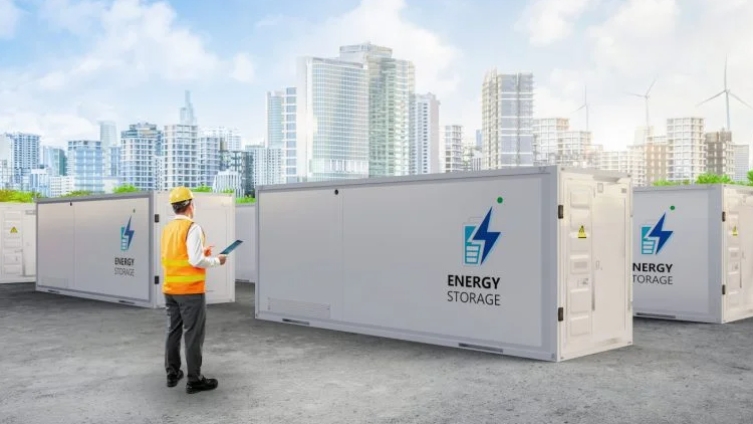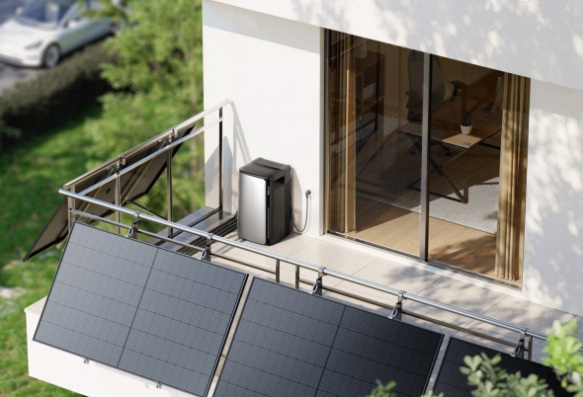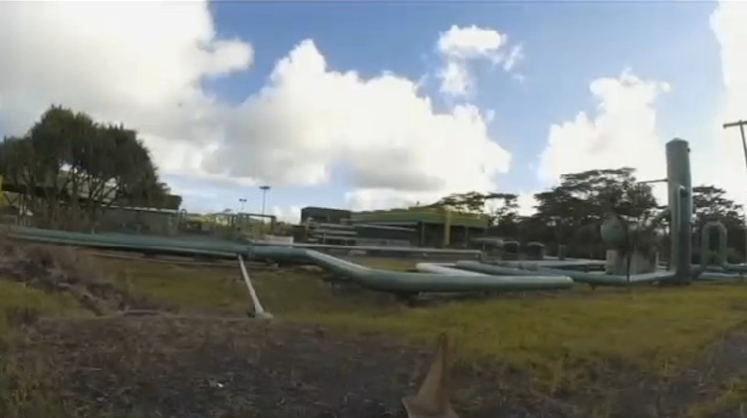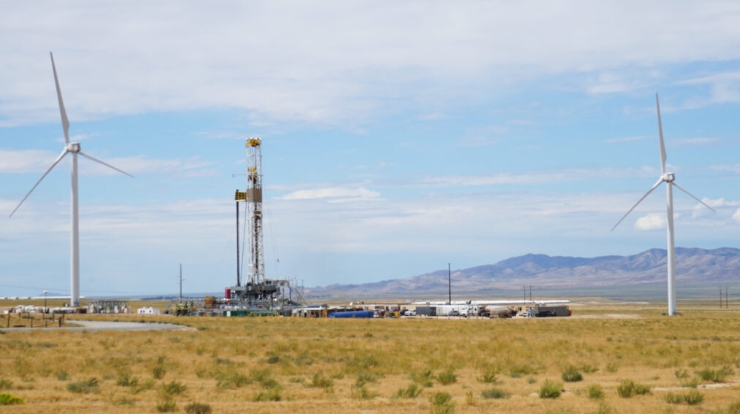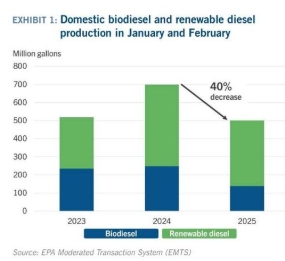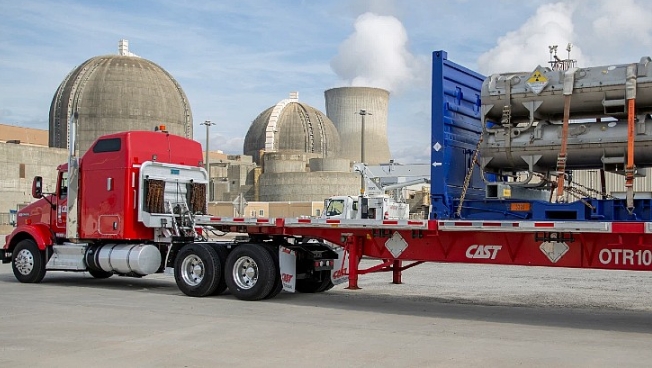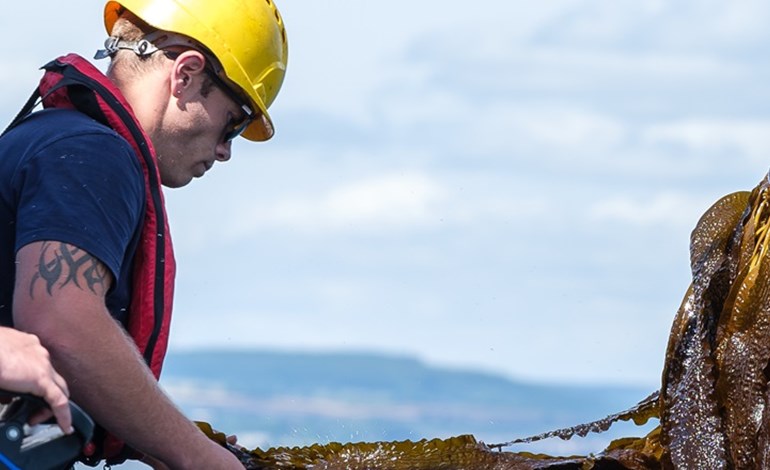
RWE has awarded the winners of its global “Co-use Competition”, launched with the aim of seeking innovative solutions in biodiversity enhancement and co-existence with other sea users.
A panel of RWE experts evaluated a total of 77 applications from 17 countries and selected two winners after a thorough assessment of the potential of their proposals.
The UK-based company SeaGrown and Cosma, based in France, have been selected as winners of the competition based on the potential value of their technologies and methods for RWE’s offshore wind portfolio.
Cosma was awarded for its biodiversity monitoring solution integrating underwater drones and AI-based methodology for high-resolution seabed data analysis.
SeaGrown was awarded for its seaweed farming techniques, which combine co-existence of seaweed aquaculture with promising features for potential biodiversity enhancement.
Sven Utermohlen, CEO RWE Offshore Wind, said: “From a large number of high-quality applications, Cosma and SeaGrown emerged as the winners.
“With their innovative ideas and new technologies, they will help to create a positive impact on marine life and offer opportunities for local marine stakeholders.
“We strongly believe in working together to make a real difference for nature and future energy supplies.”
SeaGrown’s approach (pictured) uses the offshore cultivation of sessile seaweed species, such as kelp, as a nature-based solution to increase marine biodiversity and help carbon and nitrogen uptake and oxygen release.
This solution will aim to harness the regenerative power of seaweed to provide additional help in the fight against climate change and biodiversity loss.
SeaGrown’s unique modular design minimises navigational risk and enables co-existence with other sea users, enabling the cultivation of North Sea native species all year-round in a dynamic offshore environment.
Cosma’s integrated solution for large-scale marine biodiversity monitoring enables time-effective, high-resolution data collection with its swarm of autonomous underwater drones to easily display and interrogate on the Cosma cloud platform.
This survey methodology identifies benthic habitats by acquiring high-resolution 3D imagery over large acreage.
Using an AI-assisted mapping and classification methodology, marine species can be identified and their condition can be monitored.
The analysed data can help ocean users to make informed decisions.
In addition, this innovation has the potential to identify obstacles and monitor benthic ecosystems at deeper and farther offshore sites with more autonomy and higher resolution than traditional protocols.
As a first step, the winners will receive funding from RWE to carry-out feasibility studies to further develop their innovations – with the aim to investigate how their solution could be deployed within offshore wind farms.
The winning teams will work closely with RWE’s in-house experts, operational sites and project development teams to develop deliverable solutions that can be applied to RWE’s offshore wind projects to enhance sustainability.
